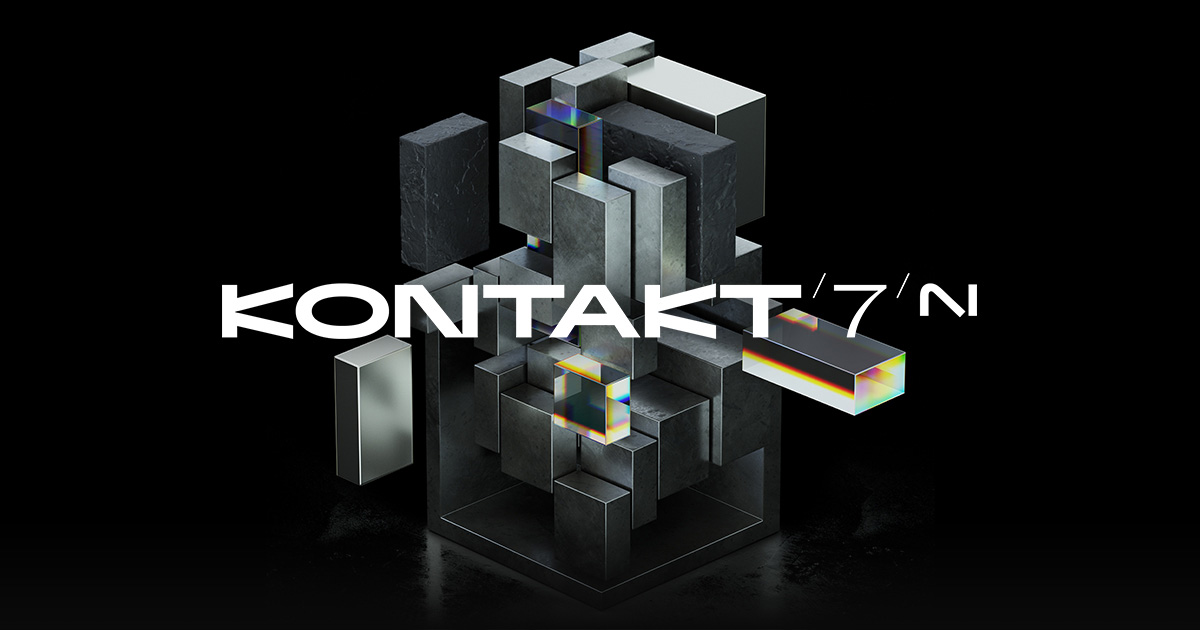theaviv
The Aviv
I'm an aspiring composer. I love classical music. I've been using MuseScore on Ubuntu. Here's a piece I composed:
Good playback is important to me, and I am considering getting
(1) a Mac (I refuse to use Windows, which is why I use Ubuntu)
(2) Sibelius subscription (which cannot run on Ubuntu)
(3) NotePerformer (which cannot run on MuseScore)
I know Sibelius in combination with NotePerformer will give me very good playback, but are there any other options you would recommend?
I am also wondering how I could go about creating a better mockup than the Sibelius and NotePerformer combo? Is it possible to create a mockup that is comparable to or even better than what a live orchestra can record?
I understand I have 3 options when it comes to mockups:
(1) NotePerformer (with Sibelius or another compatible scorewriter)
(2) learn how to do the painstaking work on a DAW
(3) hire a pro to do the painstaking work of creating the best possible mockup
Is it possible to export a MIDI (from Sibelius or another compatible scorewriter) with NotePerformer's interpretation? I figure it would then be possible to import the MIDI into a DAW and use a better sound library to create a better mockup.
Would I have any use for EastWest's ComposerCloud, Vienna Symphonic Library, or Overture 5?
What would you advise an aspiring composer who is currently using MuseScore on Ubuntu and is concerned with very good playback and sharing very good mockups?
Good playback is important to me, and I am considering getting
(1) a Mac (I refuse to use Windows, which is why I use Ubuntu)
(2) Sibelius subscription (which cannot run on Ubuntu)
(3) NotePerformer (which cannot run on MuseScore)
I know Sibelius in combination with NotePerformer will give me very good playback, but are there any other options you would recommend?
I am also wondering how I could go about creating a better mockup than the Sibelius and NotePerformer combo? Is it possible to create a mockup that is comparable to or even better than what a live orchestra can record?
I understand I have 3 options when it comes to mockups:
(1) NotePerformer (with Sibelius or another compatible scorewriter)
(2) learn how to do the painstaking work on a DAW
(3) hire a pro to do the painstaking work of creating the best possible mockup
Is it possible to export a MIDI (from Sibelius or another compatible scorewriter) with NotePerformer's interpretation? I figure it would then be possible to import the MIDI into a DAW and use a better sound library to create a better mockup.
Would I have any use for EastWest's ComposerCloud, Vienna Symphonic Library, or Overture 5?
What would you advise an aspiring composer who is currently using MuseScore on Ubuntu and is concerned with very good playback and sharing very good mockups?
Last edited:







